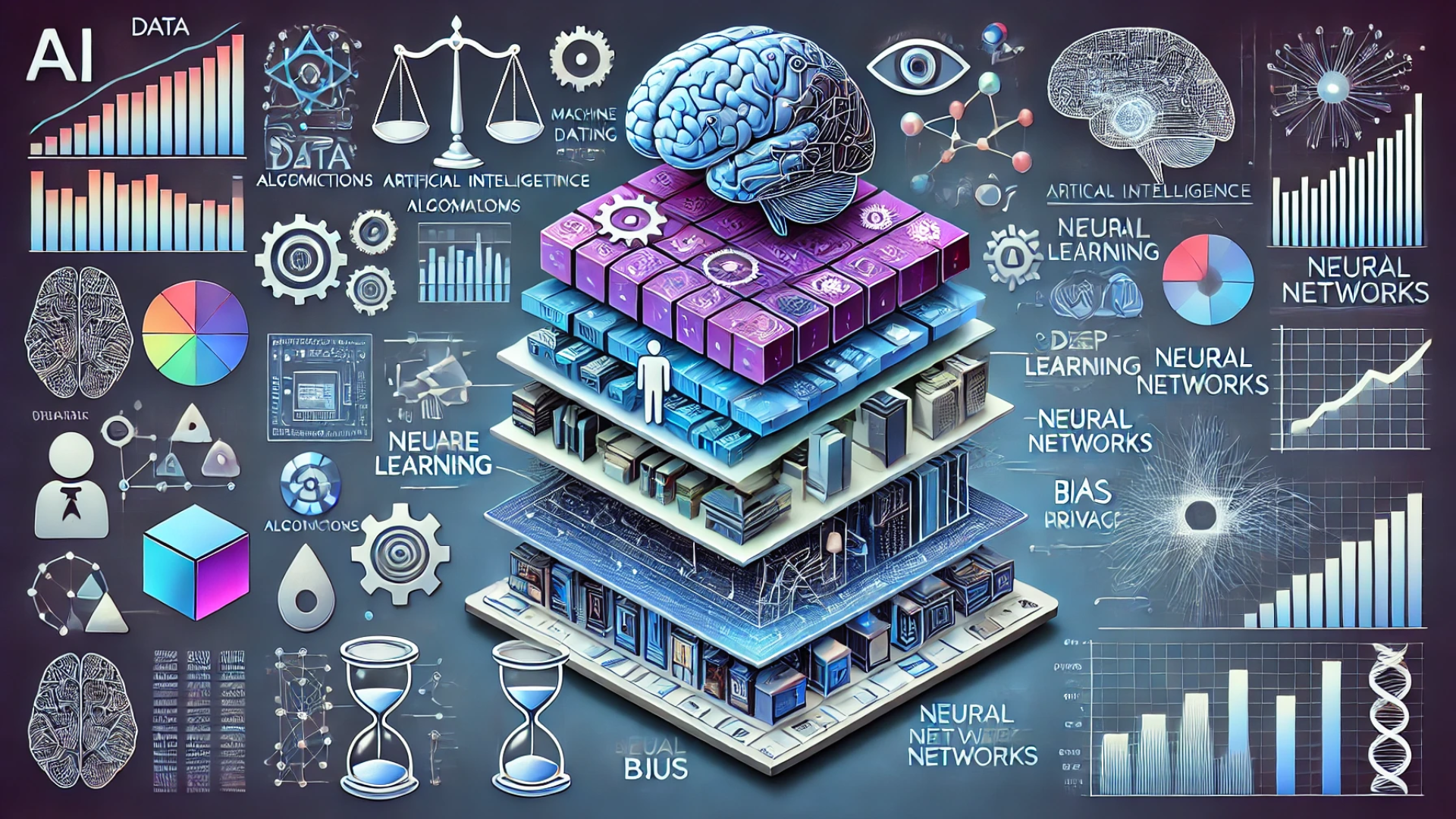
In today’s digital era, the significance of cybersecurity echoes across the corners of personal and professional spheres. With a surge in digital activities, the cyber threats loom larger than ever, making cybersecurity not just a buzzword but a necessity. This comprehensive guide serves to enlighten every reader on the fundamentals of cybersecurity and speculates on its future trajectory in India, a country at the brink of a digital revolution.
Cybersecurity Unveiled: The Protective Shield of the Digital Age
Cybersecurity, in its essence, involves protecting internet-connected systems, including hardware, software, and data, from cyberattacks. In a world where data breaches can result in significant financial losses and damage to reputation, understanding and implementing cybersecurity practices is paramount.
The Core Principles of Cybersecurity
- Confidentiality: Ensuring information is accessible only to those authorized to have access.
- Integrity: Safeguarding the accuracy and completeness of information and processing methods.
- Availability: Ensuring that authorized users have access to information and associated assets when required.
These principles form the CIA Triad, a model designed to guide policies for information security within an organization.
Common Cyber Threats
- Phishing Attacks: Deceptive communications designed to steal sensitive data.
- Ransomware: Malware that encrypts the victim’s data, with demands for payment to restore access.
- DDoS Attacks: Overwhelming a system or network, causing a denial of service to legitimate users.

Cybersecurity in India: A Digital Behemoth’s Battle Against Cyber Threats
India, with its burgeoning internet population, stands at a critical juncture in its cybersecurity journey. The government’s push towards digitalization has seen a parallel increase in cyber threats, highlighting the urgent need for robust cybersecurity measures.
The Current Landscape
India ranks among the top countries facing cyber threats, with sectors like banking, finance, and healthcare being particularly vulnerable. The Indian government has initiated several measures, including the establishment of the Indian Computer Emergency Response Team (CERT-In) to enhance the cybersecurity ecosystem.
Future of Cybersecurity in India
The future of cybersecurity in India hinges on several key factors:
- Increased Government Initiatives: With policies like the Digital India campaign, there’s a concerted effort to strengthen the cybersecurity framework.
- Rising Cybersecurity Investments: Increased investments in cybersecurity solutions by businesses to protect against evolving cyber threats.
- Cybersecurity Awareness: Programs aimed at educating the masses about the importance of cyber hygiene are pivotal in shaping a secure digital future.
Staying Ahead: Safeguarding Against Cyber Threats
Implementing Strong Passwords: A fundamental yet powerful tool against cyber intrusions.
Regular Software Updates: Keeping software and systems updated to protect against vulnerabilities.
Awareness and Education: Staying informed about common cyber threats and how to prevent them.
Use of VPNs: Encrypting internet traffic to safeguard data privacy and security.
The Role of AI in Cybersecurity: Leveraging artificial intelligence to predict, detect, and respond to cyber threats more efficiently.
Conclusion
As we navigate through the digital age, the fundamentals of cybersecurity become our compass, guiding us through a landscape fraught with threats but also brimming with opportunities. In India, where the digital dawn is just beginning, the future of cybersecurity looks promising, driven by government initiatives, technological advancements, and a growing awareness of digital hygiene.
The journey towards a secure digital India is a collective endeavor. By understanding the basics of cybersecurity and staying abreast of future trends, individuals and organizations alike can fortify their defenses against the cyber threats of tomorrow. As we advance, let’s remember that in the realm of cybersecurity, vigilance is not just a strategy; it’s a way of life.
AI Content Creation: A Practical Step-by-Step Guide with ChatGPT
FAQs
- What is the most common cyber threat today?
- Phishing attacks remain one of the most prevalent cyber threats, targeting individuals and organizations alike.
- How can businesses improve their cybersecurity posture?
- Regular risk assessments, employee training, and investing in up-to-date security solutions are key strategies.
- Will AI replace human cybersecurity experts?
- While AI will enhance the capabilities of cybersecurity teams, the nuanced understanding and adaptability of human experts remain irreplaceable.
With the fundamentals of cybersecurity laid out and a glimpse into its future within the Indian context, we hope to have equipped you with the knowledge to navigate the digital world more securely. Remember, in the battle against cyber threats, awareness, and preparedness are your best allies.

